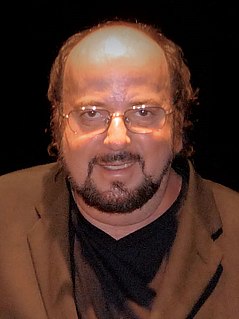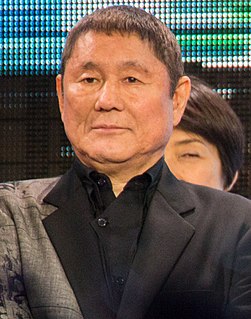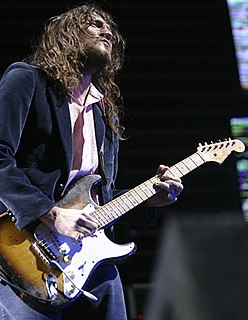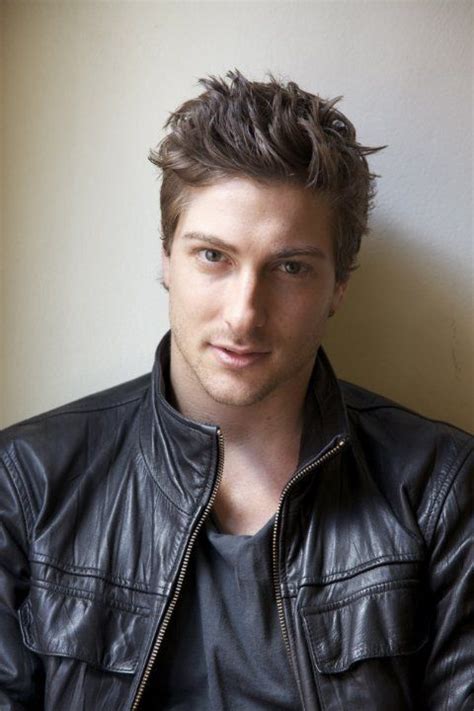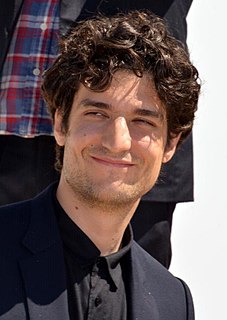A Quote by Harmony Korine
If Richard Wagner lived today, he would probably work with film instead of music. He already knew back then that the 'Great Art Form' would include a sort of fourth dimension; it was really film he was talking about.
Related Quotes
It’s, it’s like I’m in the fourth dimension and somebody is asking me to describe it verbally and that’s what the fourth dimension is all about, is no words, no symbols, no images, all pure, real energy and vibrations. And, and if I thought about how cruel of a world this is, I would probably just commit suicide after a while, if that was what I spent my energy thinking about. I would definitely not have any strength left to create music.
Is there deeply embedded change within our industry? And I would say, as a black filmmaker, it's easy for me to focus my attention on black work, but true change would include brown work, and it would include work by Asian-Americans, and it would include natives, and it would include women, and it would include more LGBTQ voices.
From the writing stage, I had envisioned a film that would be bright and light, even if the movie addresses adolescent unrest and self-destructive behavior. Talking about adolescence, I wanted to make a very musical film that was also a love story with a sensorial, sensual dimension and which had a strong emotional impact.
When we experience a film, we consciously prime ourselves for illusion. Putting aside will and intellect, we make way for it in our imagination. The sequence of pictures plays directly on our feelings. Music works in the same fashion; I would say that there is no art form that has so much in common with film as music. Both affect our emotions directly, not via the intellect. And film is mainly rhythm; it is inhalation and exhalation in continuous sequence.
I will tell you that I'm a bit of a snob. I love film, and I would like to work in film, and I'm disappointed that indie film is as hard as it is to work in now. It's hard to get things done, but that sort of work is being done on TV. That's what I do; that's what I write. It's what I love, and hopefully, that's what my future's going to be.
To me, a revolutionary film is not a film about a revolution. It has a lot more to do with the art form. It's a film that is revolting against the old established language of cinema that had been brainwashing the people for decades. It is a film that is trying to find ways to use sound and image differently.
Since I knew I was going to make a film that was purely about emotions, and I knew that I ran the risk of being accused of amnesia relating to the social film, to prevent this I decided it would be good to have characters who were on the margins of society. These are characters for whom love is really the only way to know that they're alive.
The cognitive therapy that takes place in the film Antichrist is a form of therapy that I have used for some time, and it has to do with confronting your fears. I would say that especially the part of the film that has to do with therapy is humoristic because people who know about this form of therapy would know that the character is more than a fool.

